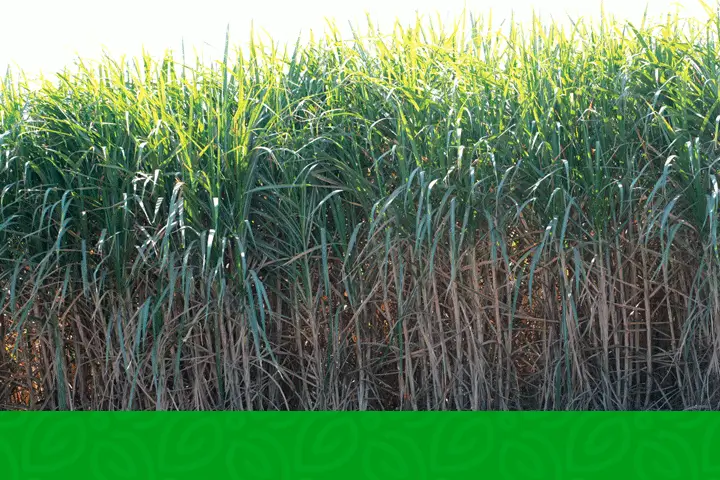
Uganda’s sugar sector finally has a deadline. In a frank meeting with sugarcane farmers, millers, and manufacturers at Mayuge State Lodge, President Yoweri Kaguta Museveni directed that the long-awaited Sugar Council be set up without further delay, and he set August 11 as the target date for it to be operational. That move is meant to stop the months of uncertainty that have squeezed smallholder incomes and shaken investor confidence.
Why the Sugar Council matters now
The Sugar Council is not a new idea. It was created under the Sugar Act of 2020 to be the industry referee, responsible for fair pricing, dispute mediation, and regulation of the value chain. Farmers and millers have been waiting for its operational rules and members for years. Without a functioning council, pricing disputes fester, informal levies persist, and trust between growers and processors erodes. The President’s instruction is a signal that the state intends to enforce the law and restore balance to the sector.
What President Museveni told farmers
Museveni listened to frustrated growers who said rising input costs and low cane prices were making sugarcane farming unprofitable. He did not sugarcoat the problem. He argued that very small plots are seldom profitable, saying that cultivating sugarcane on tiny parcels of two to five acres often yields marginal returns and urging farmers to rethink how they grow. He promised the government would act to make earnings fair and stable for growers.
That hard truth, delivered with blunt practicality, matters because it reframes the conversation from blame to solutions. If the Sugar Council sets transparent pricing formulas and enforces minimum standards, farmers will be able to plan, invest smarter, and avoid the boom and bust cycles that have plagued the industry.
Immediate government actions announced
Several concrete decisions were announced at the meeting, each designed to reassure farmers and unblock long-standing grievances.
- The government will acquire the Mayuge Sugar Factory and hand it to Busoga sugarcane farmers, fulfilling an earlier pledge to give the region its own processing capacity. This is intended to return more value to the growers and anchor the local economy.
- The 5 percent deduction that farmers have been complaining about was ordered to stop immediately. The President also urged millers to reject cane that is mixed with husks and tops, which lowers sugar yield and drives processing costs.
- The Minister of Trade, Industry and Cooperatives, Francis Mwebesa, committed to fast-tracking new regulations to implement the President’s directives and confirmed that funds have been secured to compensate suppliers of the Atiak Sugar Factory, with payments scheduled for the following week.
What the Sugar Council will need to do first
If the council is to deliver on these promises, it must move quickly and visibly on a few tasks:
- Publish a transparent pricing formula that reflects production costs, seasonal supply, and a fair margin for growers.
- Set clear membership and governance rules so growers and millers trust the council’s independence and decisions.
- Create a fast dispute resolution mechanism so disagreements do not escalate into strikes or closures.
- Monitor and enforce quality standards, including rejecting contaminated or trash-heavy cane that reduces factory efficiency.
These are practical, enforceable steps. The faster the council publishes rules and names its members, the faster the market can stabilize.
What this means for farmers and millers
For smallholder farmers the signals are mixed but promising. Stopping the levy and promising compensation and ownership of a regional factory can increase net incomes and cut transport and processing friction. For millers and investors, clearer rules and predictable enforcement reduce the regulatory risk that has made long term planning difficult.
The real test will be speed and follow through. A council on paper is not enough. The council must publish clear rules, hold regular consultative forums, and be willing to sanction noncompliance when necessary.
Voices on the ground
Grassroots leaders told the President they had expected the new law to remove unfair charges and create a neutral regulator. Budugo Isa, chairperson of the Uganda National Association of Sugarcane Growers, told the meeting that the ministry had taken too long to implement reforms. The President answered with action points, not platitudes, and directed ministers to move. That exchange underlined how close policy and people are in this sector.
The next 30 days will matter
Setting a tight deadline is politically bold. If the council is operational by August 11 and the government honors the other commitments, the sugar industry could see a marked improvement in confidence. If implementation drags again, frustration will grow and the reforms will look like another missed opportunity.
Stakeholders should watch three things in the coming weeks. First, the publication of the council members and its governing rules. Second, the release of any pricing formula or guidelines. Third, action on the Mayuge purchase and the promised payments to Atiak suppliers. Those deliverables will show whether the President’s directive moves from words to measurable change.
Final thought
Uganda’s sugar industry has been an economic mainstay for many rural communities. The success or failure of these reforms will be judged not by speeches but by steadier incomes, fewer disputes, and factories running at full capacity. The President has given the sector a deadline and a nudge toward clearer rules. Now the council, the ministries, millers, and farmers need to prove that the new deadline means a new day for Ugandan sugar.
Stay updated with the latest farming tips and agriculture industry news from Africa by subscribing to our newsletter. Don’t miss out on valuable insights and updates. Follow us on Twitter, LinkedIn, and Facebook to join our farming community and stay connected with us.


















